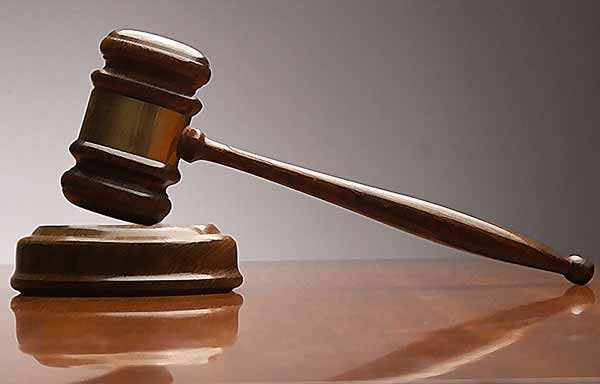
One of the largest medical malpractice cases in Maryland’s history was settled earlier this month for a confidential amount. Nearly 250 patients have settled their civil lawsuits against Dr. Mark Midei and Catholic Health Initiatives, the company who owned St. Joseph’s, accusing the cardiologist of implanting unnecessary heart stents in them. According to The Baltimore Sun, the “settlement could spare years of legal proceedings.”
In 2009, accusations surfaced against Dr. Midei and St. Joseph’s, prompting a federal investigation and hospital review. Probe findings subsequently revealed that Dr. Midei had allegedly implanted unnecessary stents in “hundreds of cases” between 2007 and 2009. While Dr. Midei allegedly profited from these procedures, the patients say they are suffering long-term health complications from medications that are often required after the procedure.
Stents are mesh tubes that are implanted to treat narrow or weak arteries and to help increase blood flow to the heart. Many health experts agree that patients should be eligible for stents if they have more than a 70 percent blockage. However, attorneys representing the plaintiffs said that medical records revealed Dr. Midei put stents in patients with a 20 – 30 percent blockage. Furthermore, he allegedly told these same patients that they had an 80 – 95 percent blockage. Jay Miller, the plaintiffs’ lawyer, explains that Dr. Midei’s alleged fraud is similar in every case: “There was a lie perpetrated against the people.”
In November 2009, Dr. Midei resigned from St. Joseph and his medical license was revoked in 2011. Dr. Midei filed a $60 million defamation lawsuit against Catholic Health Initiatives, but the Baltimore County Circuit Court dismissed the case in 2012. However, the Baltimore Sun reports that the defamation lawsuit is now before the state’s second-highest court.
Jay Miller represents 247 former patients of Dr. Midei, all of whom are included in the confidential settlement. Although approximately 45 civil suits remain, this settlement cannot be used as evidence for future litigation.
Frequently Asked Questions

Any discussion of the causes of cerebral palsy must first begin by conceding that the condition does not have single, simple cause but is instead multifactorial. In other words, cerebral palsy is not a single condition but rather a term that describes many similar and overlapping neurological conditions. Therefore the possible causes of cerebral palsy
Read More
If a doctor or healthcare provider calls to apologize or express sympathy for an injury suffered by a patient under their care, can this gesture be held against them in a medical malpractice suit? In Florida, the answer is no—as long as the injury occurred as the result of an accident rather than a willful
Read More